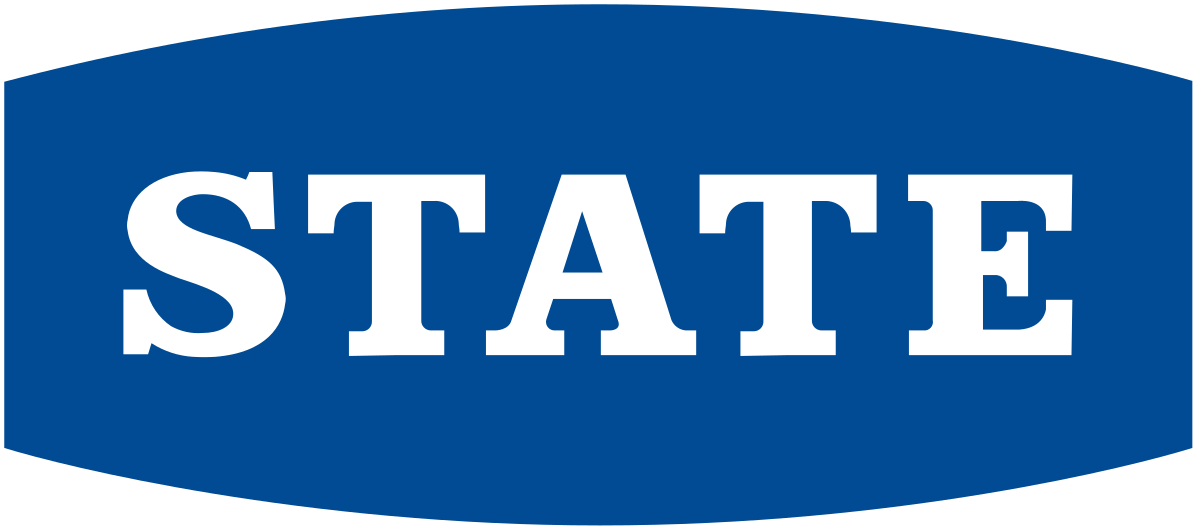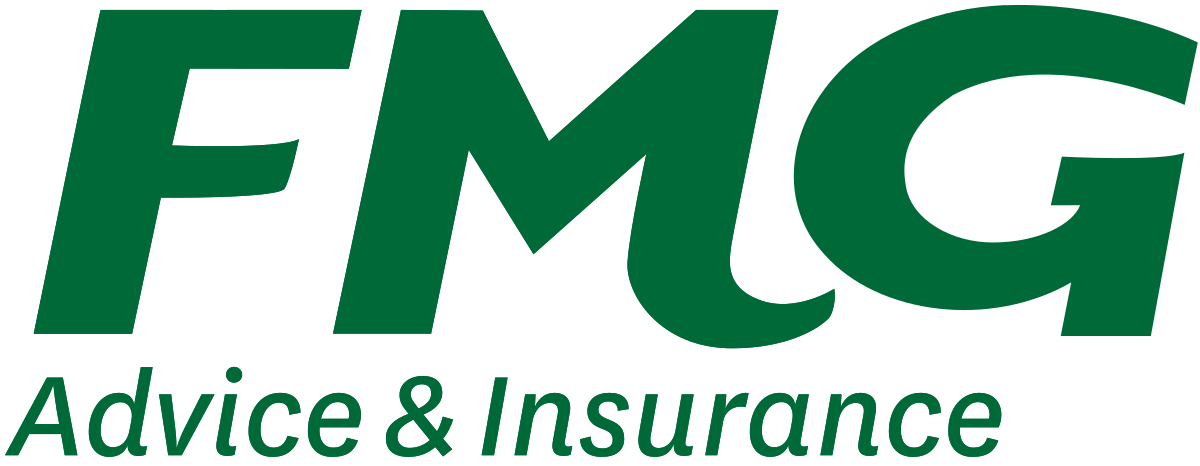KEY POINTS:
- There are two type of lease, a finance lease, when the lessee retains ownership of the vehicle at the end of the lease, and an operating lease, when the lessee returns the vehicle to the leasing company at the end of the lease period.
- Generally leases for passenger vehicles last between 6 months and three years.
- Leasing a vehicle for personal use can be a cost-effective option for those who want access to a car but don’t want the financial outlay and ongoing running costs of outright ownership.
- The downside of a operating lease is that at the end of the lease period the lessee has no asset to show for their monthly payments.
What does it mean to lease a car?
Leasing a vehicle is a form of long-term rental, when you pay to use a vehicle for a specified period, typically between one to three years. Instead of owning the car outright, you make monthly payments to the leasing company for the right to use the vehicle.
What are the different lease types?
There are two types of vehicle leases – operating leases and finance leases. This article focuses primarily on operating leases:
Finance lease
A finance lease for a vehicle is a type of lease agreement when the lessee (the individual or company leasing the asset) owns a vehicle during the lease period. However, at the end of the lease, the lessee owns the vehicle outright.
Operating lease
An operating lease for a vehicle is a short-term rental arrangement when a business or individual rents a vehicle from a leasing company for a specified period. Unlike a finance lease, an operating lease does not transfer ownership of the vehicle to the lessee at the end of the lease term. Instead, it provides the lessee with the use of the vehicle for the lease duration without the long-term commitment of ownership.
Benefits of leasing a car
Leasing a car comes with several potential benefits, depending on individual preferences and needs. Here are some advantages of leasing a vehicle:
-
-
- Minimal down payment: leases often require a lower initial down payment compared to purchasing a car outright.
- Lower monthly payments: lease payments are typically lower than loan payments for purchasing a new car.
- No long-term commitment: leases typically have terms of just a couple of years, providing flexibility and allowing you to upgrade to newer models regularly.
- Lower repair costs: everyday maintenance and repair costs are usually covered by the leasing company.
-
Downsides of leasing a car
While leasing a car can offer various benefits, it’s important to consider the potential downsides and limitations associated with leasing. Here are some common downsides:
-
-
- Mileage restrictions: leases typically come with annual mileage limits (e.g. 10,000 to 15,000km per year). Exceeding these limits can result in additional charges, making it less cost-effective for those with high mileage needs.
- Wear and tear charges: at the end of the lease term, lessees may be responsible for charges related to excessive wear and tear on the vehicle.
- No ownership equity: unlike purchasing a car, leasing does not contribute to ownership equity. At the end of the lease, you return the car with no asset to show for your monthly payments.
- Long-term cost: while monthly lease payments are often lower than loan payments, leasing can be more expensive in the long run if you consider the total cost over several lease terms without ever owning a vehicle.
- Insurance costs: insurance premiums for leased cars may be higher than for owned vehicles. This is because leasing companies often require higher coverage limits.
-
Looking for a Great Car Loan?
The table below displays some of the unsecured personal loan products available on Canstar’s database for a three-year loan of $10,000 in Auckland (some may have links to lenders’ websites). The products are sorted by Star Rating (highest to lowest) followed by company name (alphabetical). Use Canstar’s personal loan comparison selector to view a wider range of products on Canstar’s database. Canstar may earn a fee for referrals.
Compare car loans with Canstar
Who offers private car leasing?
While many there are many companies offering car leasing for businesses, there are fewer that lease cars to private individuals. Here is a list of companies that offer private leasing in New Zealand:
| Company | Lease Term |
| Driveline | 3-5 years |
| Flexi Lease | 6 – 45 months (passenger vehicles)
6 – 60+ months (light commercial vehicles) |
| Honda Leasing | 24 – 45 months |
| Lease2Go | 6 – 12 months |
| Lease Direct | 6 – 45 months (passenger vehicles)
12 – 60 months (light commercial vehicles) |
| Toyota Leasing | 6 – 60 months |
How much does it cost to lease a car?
The cost of leasing a vehicle varies depending on several factors, including the type of vehicle, the leasing company, the lease terms, and your individual circumstances. Here are some key factors that influence the cost of leasing:
-
-
- Vehicle model: the make and model of the vehicle significantly impact the lease cost. Luxury or high-end models typically have higher lease payments than standard or economy models.
- Lease term: the length of the lease term (e.g., 24, 36, or 48 months) affects monthly payments. Generally, longer lease terms may have lower monthly payments, but could result in higher overall costs
- Mileage allowance: lease agreements typically include a mileage limit, and exceeding this limit can incur additional charges. Be sure to choose a mileage allowance that aligns with your driving habits.
- Insurance costs: insurance premiums for leased vehicles may be higher than for owned vehicles, as leasing companies often require higher coverage limits.
- Down payment: some leases require an upfront payment, often referred to as a down payment or cap cost reduction. A larger down payment can lower monthly payments.
-
What does leasing a car entail?
Here’s a step-by-step guide to leasing a car in New Zealand.
-
-
- Research and choose vehicle: explore vehicle options based on your preferences and budget.
- Set a budget: determine a budget for monthly payments and upfront costs.
- Compare lease offers: contact various leasing providers for offers, comparing terms and costs.
- Test drive: schedule test drives to evaluate vehicles firsthand.
- Negotiate terms: negotiate terms, focusing on interest rates, residual values, and fees.
- Understand agreement: thoroughly review the lease agreement before signing.
- Consider additional coverage: decide on additional coverage options, such as extended warranties.
- Provide documentation: gather required documents such as proof of identity and income.
- Finalise lease: sign the agreement, pay upfront costs, and take delivery of the vehicle.
- Follow lease terms: adhere to terms, including mileage limits and maintenance duties.
- Prepare for end of lease: understand end-of-lease options, such as purchasing or returning the vehicle.
-
Compare Outstanding Value Car Insurance with Canstar
Looking for great value car insurance for you and your family? Each year, we release our car insurance awards, including winners for Insurer of the Year, Outstanding Value, and Most Satisfied Customers. As part of our award results, we also publish our Outstanding Value Star Ratings, covering car insurance for different age groups. Below are our top-rated providers in the drivers aged 30-49 category. Click here to view our complete car insurance Star Ratings for all age groups.
Comprehensive Cover: Drivers 30-49:
| Provider | Star Rating |

Car Insurer of the Year |
 |
 |
|
 |
 |
See here for our ratings methodology. The table above is an abridged version of our research. For the full results of our latest Car Insurance Ratings and Award, click here.

About the author of this page
Bruce Pitchers is Canstar NZ’s Content Manager. An experienced finance reporter, he has three decades’ experience as a journalist and has worked for major media companies in Australia, the UK and NZ, including ACP, Are Media, Bauer Media Group, Fairfax, Pacific Magazines, News Corp and TVNZ. As a freelancer, he has worked for The Australian Financial Review, the NZ Financial Markets Authority and major banks and investment companies on both sides of the Tasman.
In his role at Canstar, he has been a regular commentator in the NZ media, including on the Driven, Stuff and One Roof websites, the NZ Herald, Radio NZ, and Newstalk ZB.
Away from Canstar, Bruce creates puzzles for magazines and newspapers, including Woman’s Day and New Idea. He is also the co-author of the murder-mystery book 5 Minute Murder.







Share this article